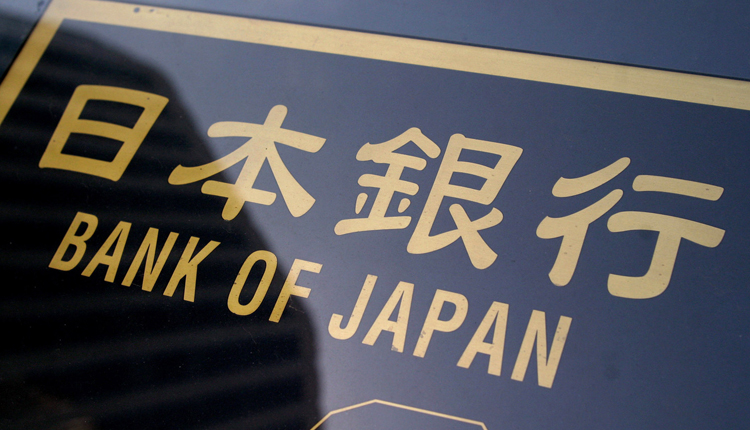The Bank of Japan has no preset idea on whether to expand stimulus next month, its governor Haruhiko Kuroda said, suggesting that the decision will depend on market moves and the economy’s resilience to overseas risks.
Kuroda also said the BOJ will continue to seek ways to make its yield curve control (YCC) policy more sustainable, as years of ultra-low interest rates could discourage financial institutions from boosting lending by straining their profits.
“If the current low-interest rate environment is prolonged further, it will become necessary to pay closer attention to the cost of our policy,” Kuroda said in a speech to business leaders in Osaka, western Japan.
“As such, the important challenge we continue to face would be to think about what’s necessary to further enhance the sustainability of our policy,” he said.
Under YCC, the BOJ pledges to guide short-term rates at -0.1% and the 10-year Japanese government bond (JGB) yield around 0%. It also buys risky assets to achieve its elusive 2% inflation target.
On Sept. 19, the BOJ kept monetary policy steady but signaled the chance of expanding stimulus as early as its October policy meeting by issuing a stronger warning against overseas risks threatening the economy.
On Tuesday, Kuroda reiterated that the BOJ stands ready to ramp up stimulus if the economy faces heightening risks of losing momentum for achieving his price goal.
In determining if further action is needed, the BOJ will look at whether demand is exceeding supply, how keen companies are in raising prices and wages, as well as developments with inflation expectations, he said.
“As risks regarding overseas economy are heightening, we need to be increasingly vigilant to the chance the overseas slowdown could affect Japan’s economy and inflation,” Kuroda said.
The BOJ will scrutinize data, assessments to be made by the bank’s regional branch managers and market developments in deciding policy at its Oct. 30-31 rate review, he said.
“The situation has been changing rapidly, with investors’ risk aversion abating somewhat due to expectations for progress in the U.S.-China trade negotiations,” Kuroda said.
“Let me also add that the BOJ does not have any preconception at this point” on what policy steps it could take at October rate review, he added.


